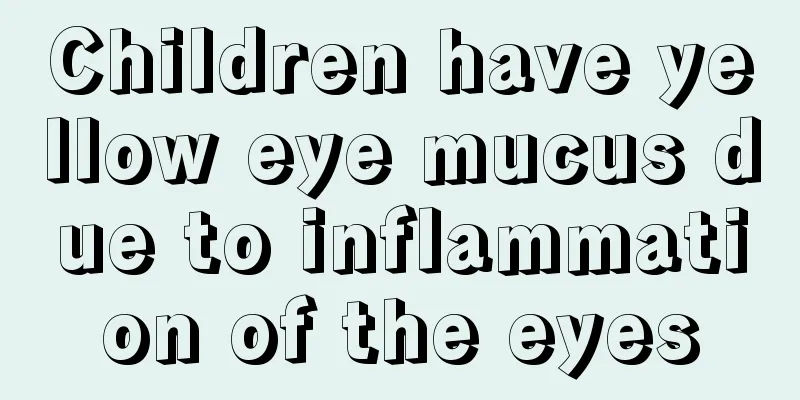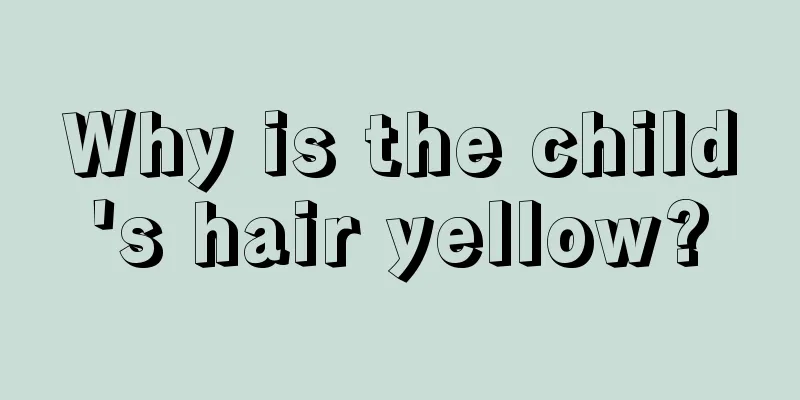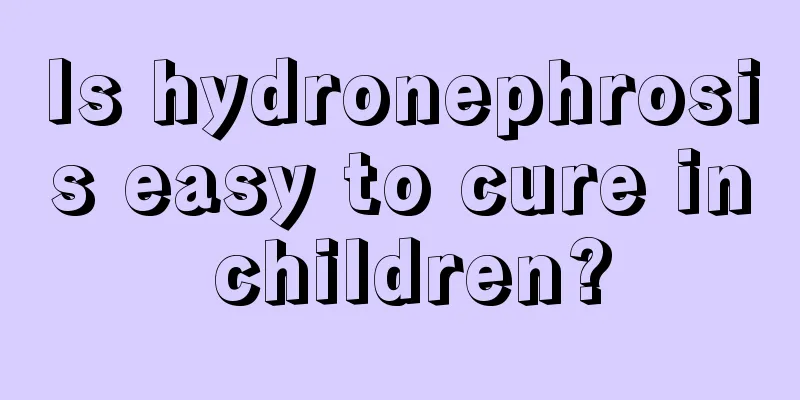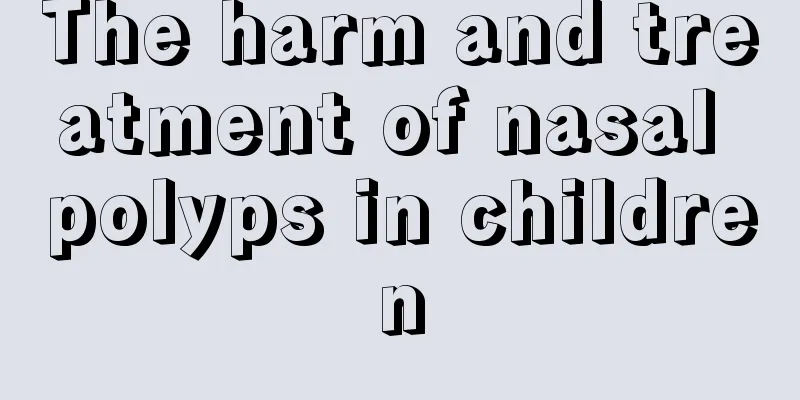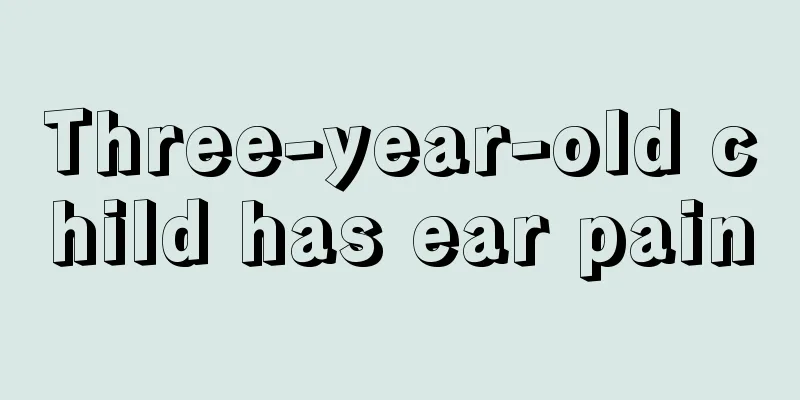What causes farsightedness in children?
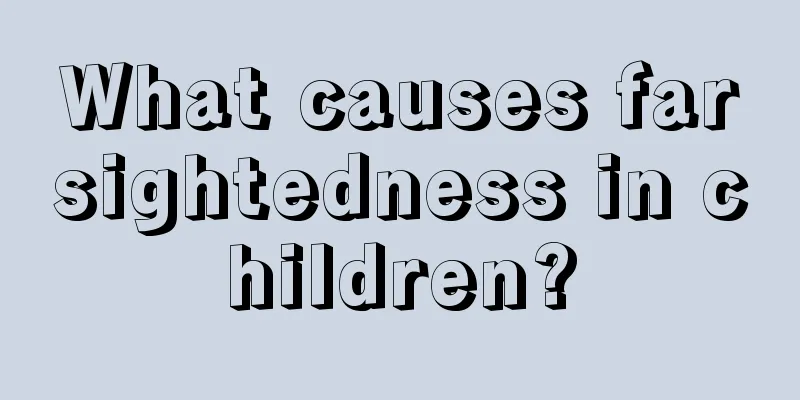
|
Hyperopia is also a common eye disease, and the symptoms of hyperopia are generally the opposite of myopia. Therefore, it is necessary to receive timely treatment in life, otherwise the vision will be greatly affected. Moreover, hyperopia can also occur in children, so parents must learn to take precautions. So the question is, what is the reason for children's farsightedness? 1. Refractive hyperopia: It is caused by the decrease of the refractive index of the aqueous humor and lens and the increase of the refractive index of the vitreous body. This type of cause is relatively rare and is mainly seen in the elderly and diabetics. Some lens dislocation can also lead to hyperopia. In addition, tumors of the eyeball wall and intraocular wall, retinal edema, inflammatory masses in the orbit, and even retinal detachment can all cause pathologically significant hyperopia. 2. Curvature hyperopia: It is caused by the smaller surface curvature of any refractive body in the eye's refractive system. It is mostly caused by congenital factors, such as congenital flat lens, congenital flat cornea, etc.; some are caused by corneal trauma. In recent years, due to the popularity of refractive corneal surgery, hyperopia caused by overcorrection of myopia surgery has gradually increased, which should be taken seriously. However, in the early stage after PRK surgery, because the corneal epithelium has not been completely repaired, it often manifests as a stage-by-stage hyperopia phenomenon. This should be explained clearly to hyperopic patients in advance to avoid unnecessary misunderstandings. 3. Axial hyperopia: Axial hyperopia is the most common type of hyperopia, that is, the anterior-posterior axis of the eye is shorter than that of the emmetropic eye. It is also a common type of refractive error. At birth, the average human eye axis is about 17.3MM, and is in a hyperopic state of +2.50 to +3.00D. It can be said that the hyperopia of infants is physiological. As the child develops, the eye axis slowly increases, but at the age of 5, 90% of children are still in a state of hyperopia. This decreases to 50% at the age of 16. However, because the degree is low and within the accommodation range, it is generally not felt. For some people, the eyeball stops developing during the development process due to genetic, environmental and other factors, and the eye axis cannot reach the length of a normal eye, resulting in axial hyperopia. The hyperopia generally seen in clinical practice is mostly within +6D, but high-degree hyperopia can also be seen, some even as high as +24D. |
<<: When is the best time to correct hyperopia in children?
>>: What should I do if my 3-year-old baby is farsighted?
Recommend
What medicine should children take after fever and cough
Since children have weaker immunity than adults, ...
What is the cause of hangnails on children's hands?
Parents will be very worried when they find hangn...
What causes calf pain in children?
Children are in a period of growth and developmen...
The child has a fever at night and is fine during the day
For children with low immunity, fever is a very c...
Baby's white spots due to lack of pigment
If babies have white spots on their bodies due to...
Chronic urticaria in children
Chronic urticaria is a type of urticaria, and is ...
What to do if a boy has a hunchback?
Many people think that hunchback only occurs in t...
Newborns fart loudly all the time
It is very common for newborns to fart. Some newb...
Why is baby's poop white?
It is the common wish of every baby that he or sh...
What to do if your baby has hernia
What to do if a newborn has hernia? This is a que...
How to treat intestinal flatulence in newborns
Many parents have reported that their babies have...
What are the treatment, diagnosis and prevention of albinism in children?
Children nowadays are so happy. Their parents nev...
Does uneven deciduous teeth affect permanent teeth?
Deciduous teeth and permanent teeth are the two t...
What should I do if my baby has diarrhea and cough?
Many children catch a cold several times a year, ...
Should I have surgery for my hernia?
Hernia, which we commonly call intestinal hernia,...



